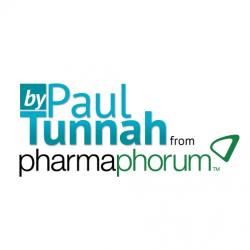

Among all this feverish blogging, it is rare that anyone stops to explain exactly what they mean by social media. But surely it’s obvious and we all know what it is, right?
I’m not so sure.
You see, I would observe that there are many companies proclaiming to be avid social media users who are actually not, and even some who think they are not but actually are. Confused? Well , it all depends on exactly how you define social media.
My own view (representing a sample of one, and possibly just one) is that we get rather fixated on ‘channels’ when we talk about social media. For example, “our company has a Twitter account so we use social media”, or “our Facebook page has 1,000 followers so we use social media”. However, these are just online media channels, which are enabled for social engagement, but it’s how you use them that makes them social.
So here is an alternative definition of social media (with apologies to anyone I am inadvertently ripping off as I promise this is just from my head):
“The term ‘social media’ refers to using digital media channel channels to engage in two-way or multi-way conversation with other individuals and therefore have online social interaction.”
OK, so it’s not the most punchy, but it does make you look at who is active in using social media in a different way.
For example, a big pharma company that has a Twitter channel with many thousands of followers, but only ever uses it to broadcast its own messages and never responds to questions or feedback, is not using social media, by this definition (and you know who you are…!).
Equally, there are pharma companies who are not very active on any of the ‘classic’ social media channels such as Twitter, Facebook etc. but do publish blogs where readers are allowed to comment – and the company responds to those comments. This is social media, by the above definition, even if it might be a bit Web 1.0.
So here are some important questions to ask about your own social media use:
- Do you ever respond to questions from other users?
- Do you ever ask questions of other users?
- Are your followers mostly real people working outside your own company?
- Are most of your posts about something other than you / your company?
If the answer to all of the above is no, I would suggest that you are not using social media, but just broadcasting via social media channels.
To put that into a more real world perspective, it’s a bit like turning up to a networking dinner and standing up in the middle of the room as the first course is being served, then shouting about yourself right through the meal until people have finished the after dinner chocolates and are making their way home.
I’m guessing you wouldn’t do that would you? So why do it online.
So my challenge to pharma is this – make 2014 the year of looking in the mirror and asking “am I really being social or just broadcasting via social media channels”.
And if you fall in the latter camp, try talking to people – it’s a business trick that’s worked for thousands of years.